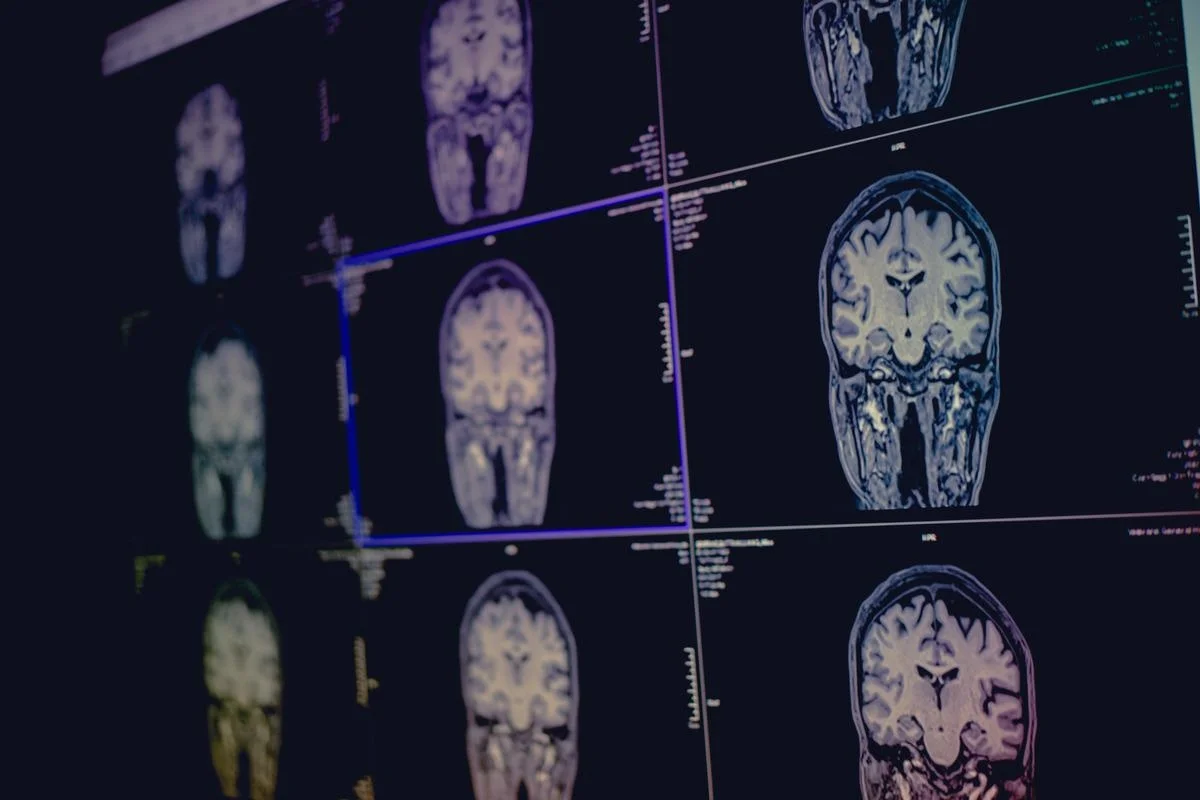Research published in the Journal of Neurology, Neurosurgery & Psychiatry suggests that a perceived lack of purpose and fewer opportunities for personal growth in older age may precede the development of mild cognitive impairment (MCI), a condition often associated with dementia.
The study found that psychological well-being begins to decline 2 to 6 years before an MCI diagnosis, even without obvious signs of cognitive issues, and that this decline can occur regardless of whether dementia ultimately develops. These findings highlight the connection between brain aging and aspects of psychological well-being.
The study aimed to expand on existing research that has mostly focused on the sense of purpose as it relates to brain aging, by including other aspects of psychological well-being, such as self-acceptance, autonomy, managing one’s environment, having meaningful relationships, and personal growth.
Researchers analyzed data from 910 cognitively healthy older adults in the Rush Memory and Aging Project, a long-term study that began in 1997. Participants underwent yearly evaluations, including neurological exams, cognitive tests, and assessments of their psychological well-being.

During the 14-year study period, 265 participants developed MCI, and 89 of them eventually progressed to dementia. Analysis of participants’ data revealed that those who developed MCI were generally older, had lower body weight, and exhibited lower levels of psychological well-being and fewer depressive symptoms.
Additionally, those who developed dementia were more likely to be female, older, carry the dementia-linked APOE ε4 gene, and have lower psychological well-being.
A significant decline in psychological well-being, particularly in life purpose and personal growth, was evident 2 to 6 years before an MCI diagnosis.
While the decline in well-being remained consistent before and after diagnosis, relationships with others deteriorated more rapidly post-diagnosis, possibly due to reduced engagement in social activities. The study also found that the decline in well-being was similar for all participants with MCI, regardless of whether they later developed dementia.
Although this observational study provides important insights, it cannot definitively establish a cause-and-effect relationship between psychological well-being and cognitive impairment. The researchers acknowledged limitations such as potential selection bias and the homogeneity of the participants, who were mostly white and female.
They suggest that psychological well-being and cognitive function may have a bi-directional relationship, and that personal growth and purpose in life may be more sensitive indicators of cognitive decline. The study advocates for providing psychological support to individuals diagnosed with cognitive impairments.
